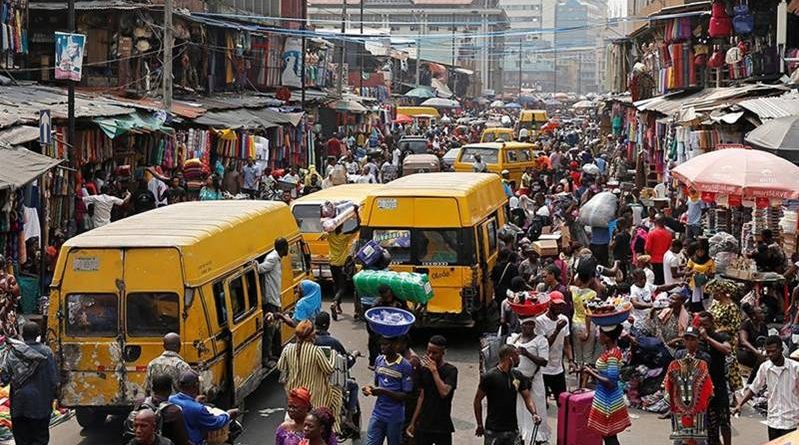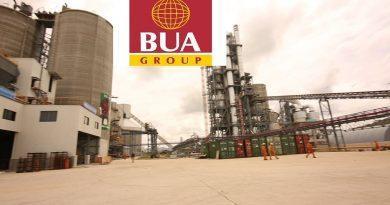The poverty rate now stands at 46%, as 24 million Nigerians fall below national poverty line between 2018 and 2023
The World Bank’s latest Nigeria Development Update has revealed some concerning statistics. Over the span of five years, from 2018 to 2023, a staggering 24 million Nigerians have fallen below the poverty line. This has resulted in an increase in the poverty rate, which now stands at 46 percent in 2023 compared to 40 percent in 2018. The number of people living in poverty has also risen from 79 million to 104 million, marking a 31.6 percent increase.
When we look at the distribution of poverty between rural and urban areas, it becomes evident that a larger proportion of poor people reside in rural regions. In fact, 84 million poor individuals live in rural areas, while 20 million reside in urban areas. This disparity highlights the need for tailored strategies to address the unique challenges faced by each demographic.
The rise in poverty rates can be attributed to several factors, including rising inflation, slow economic growth, and a high population growth rate. In November 2023, inflation reached an 18-year high of 28.20 percent. Additionally, the country’s real GDP has only grown by an average of 2.45 percent in the first three quarters of 2023. Meanwhile, Nigeria’s population has been growing at an average rate of about 2.4 percent.
To combat these challenges, comprehensive economic reforms and targeted interventions are crucial. It is essential for the government to implement effective monetary policies to tackle inflation, while also ensuring the efficiency and effectiveness of public spending, particularly on programs that benefit the poor. Promoting inclusive and sustainable growth is vital in alleviating poverty. This can be achieved by improving the business environment and modernizing the agricultural sector, which employs a significant portion of the poor population.
It is clear that urgent action is needed to address the growing poverty crisis in Nigeria. By implementing the right strategies and policies, we can work towards achieving high economic growth and increasing per capita income for all Nigerians. SOURCE: CSEAfrica




